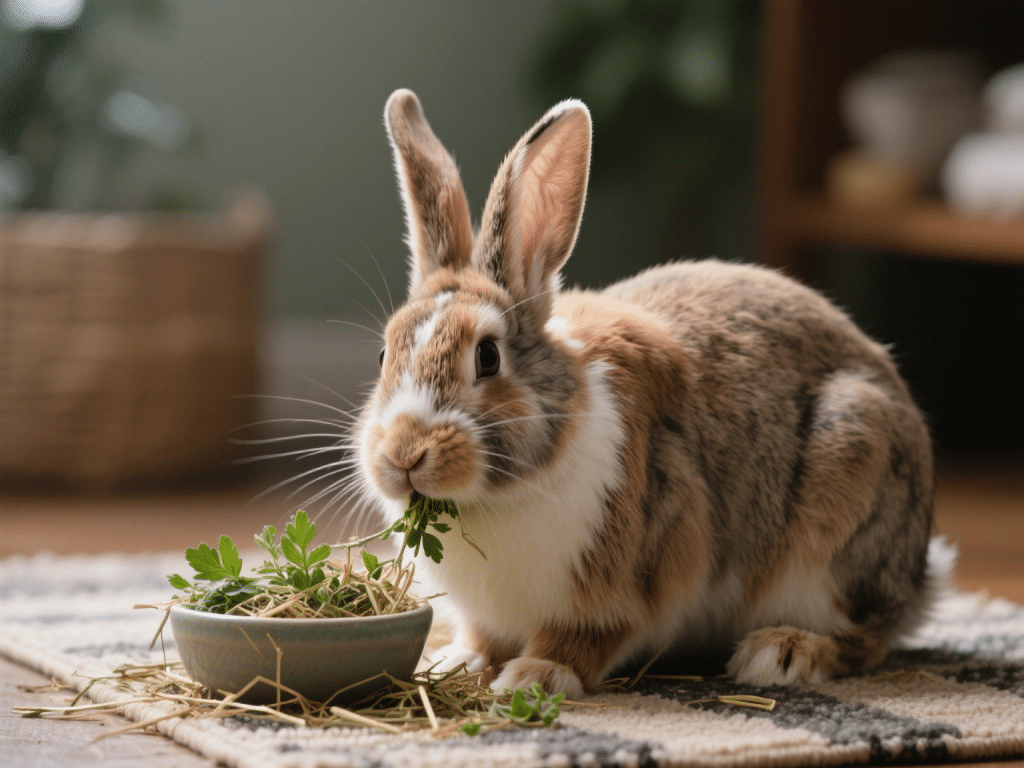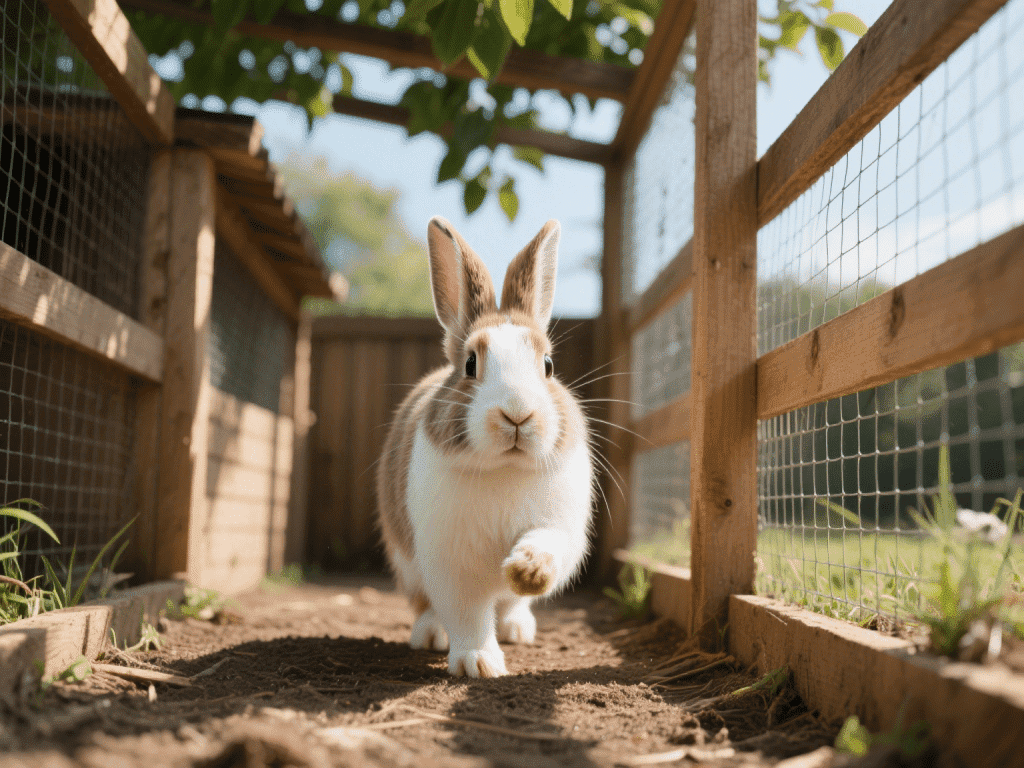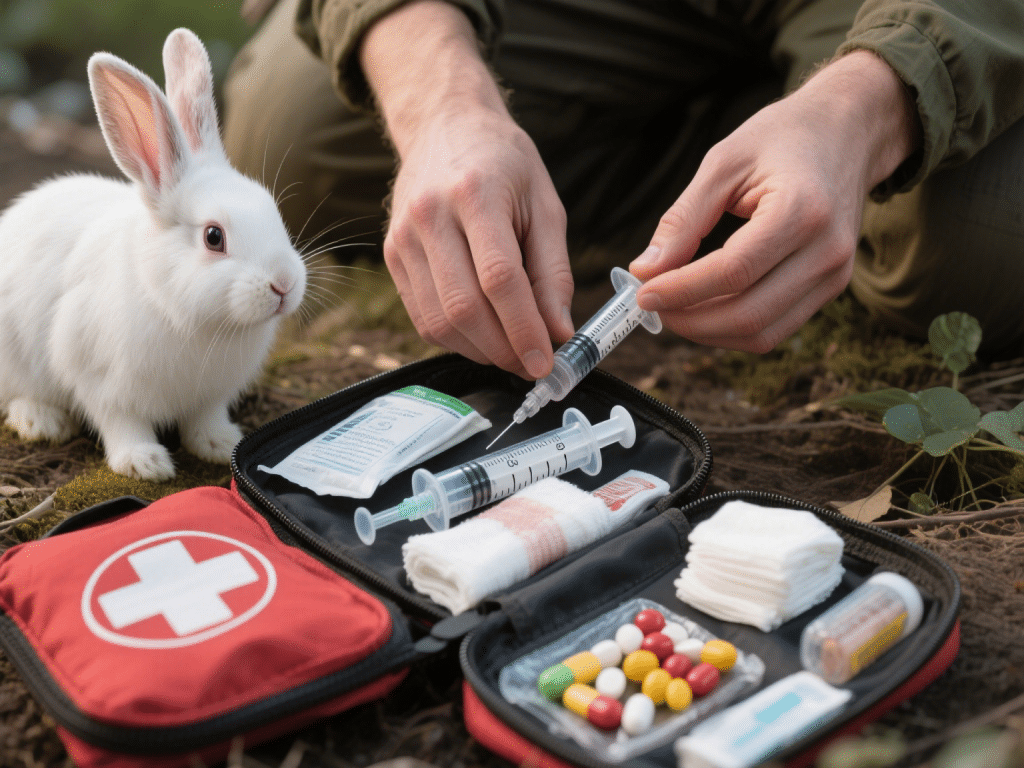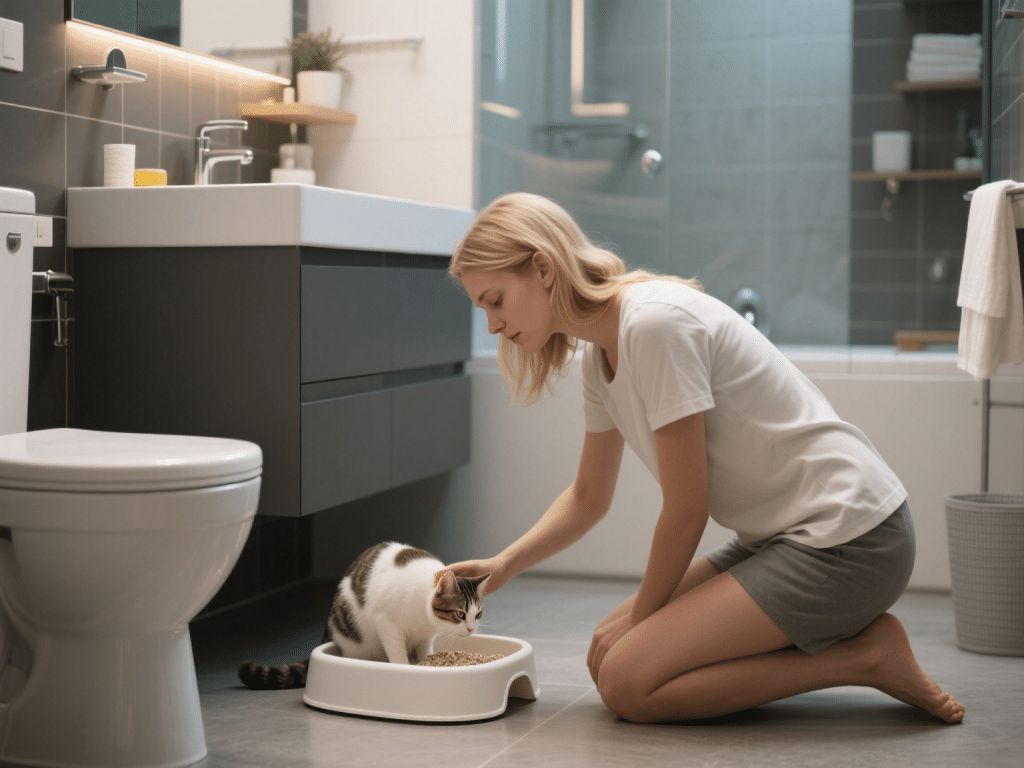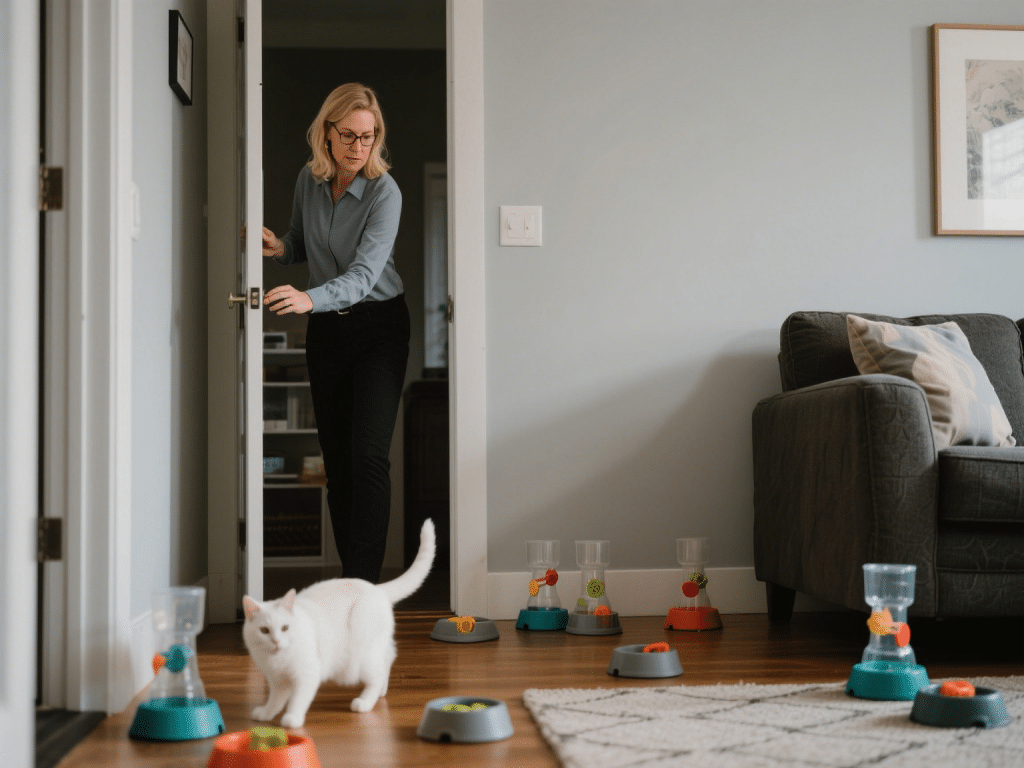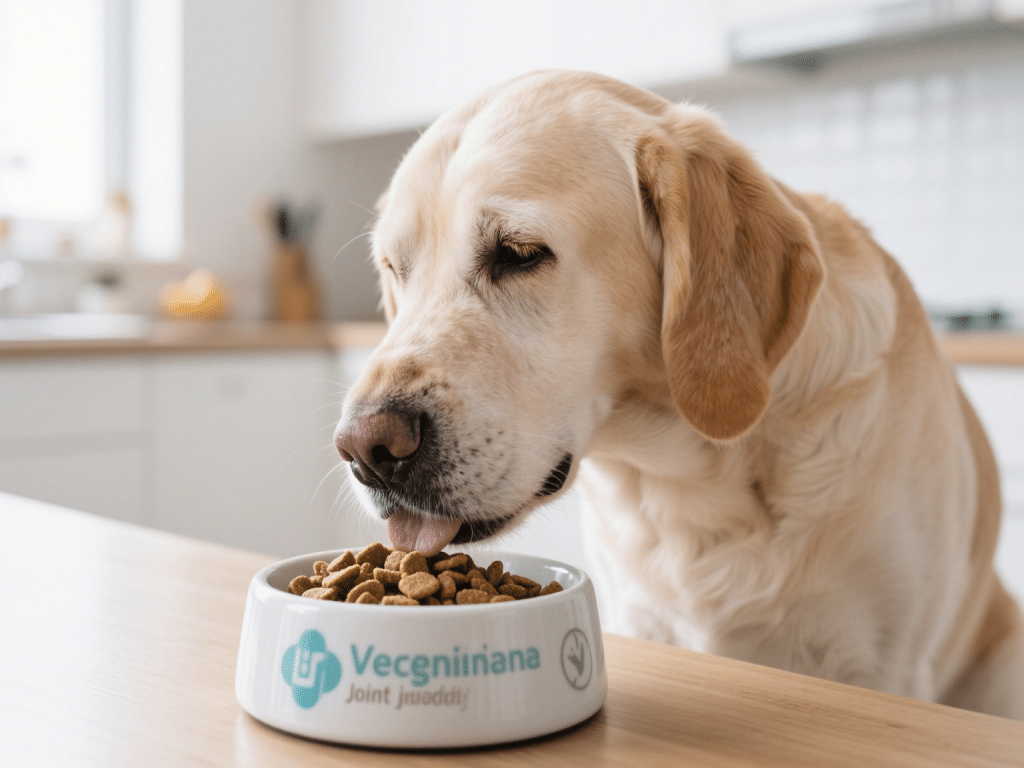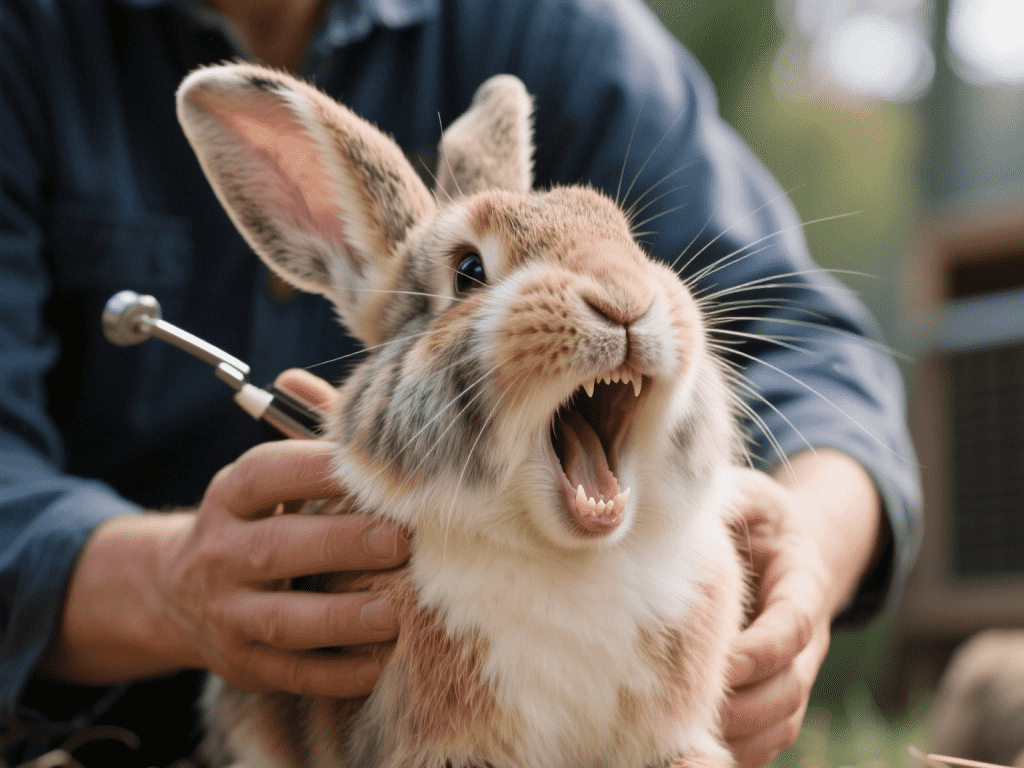
Dental disease ranks among the top health threats for domestic rabbits, often stemming from misaligned teeth or insufficient wear. With fourteen years of veterinary liaison in rabbit rescues, I’ll help you detect subtle signs of discomfort before they escalate, and share preventive practices to keep your bunny’s teeth strong and pain‑free.
Why Rabbit Teeth Matter
Constant Growth: Rabbit incisors and molars grow continuously; uneven wear leads to sharp spurs.
Dietary Impact: Dental pain reduces hay intake, risking GI stasis—a potentially fatal digestive slowdown.
Behavioral Changes: Rabbits hide pain; look for nuanced shifts in grooming or posture.
Early Warning Signs
Drooling or “Slobbers”
Wet fur under chin or forepaws.
Decreased Hay Consumption
Preferring softer greens or pellets over fibrous hay.
Facial Swelling
One‑sided bumps near jaw or cheek.
Grinding Teeth (Bruxism)
Audible clicking indicates pain.
Reduced Grooming
Matted fur on hindquarters or belly.
Weight Loss or Matted Droppings
Less chewing alters stool consistency.
Preventive & Corrective Measures
Regular Home Checks
Gently part lips to view incisor alignment.
Palpate cheeks for unusual lumps monthly.
Diet for Dental Wear
Unlimited Grass Hay: Key to natural molar grinding.
Safe Chews: Willow sticks or untreated apple‑wood branches.
Leafy Greens: Promote chewing variety; offer 1 cup/2 kg body weight daily.
Professional Trimming & Filing
Schedule biannual veterinary dental exams.
Vet may use burr drill to file down spurs under sedation.
When to Act Immediately
Refusal to Eat > 24 Hours: Seek emergency care.
Facial Abscesses: May require antibiotics and drainage.
Severe Malocclusion: Often needs repeated trims or corrective orthodontic trims.
Aftercare & Long‑Term Maintenance
Pain Management: Vet‑prescribed analgesics during recovery.
Soft Diet Transition: Offer soaked pellets and blended greens post‑procedure.
Follow‑Up Exams: Every 3–4 months for rabbits with chronic issues.
Conclusion
By vigilantly monitoring your rabbit’s eating habits, grooming, and facial health, you can intercept dental problems in their earliest stages. With a fiber‑rich diet, routine checks, and professional dental care, your bunny will enjoy comfortable chewing and a happy, healthy life.

